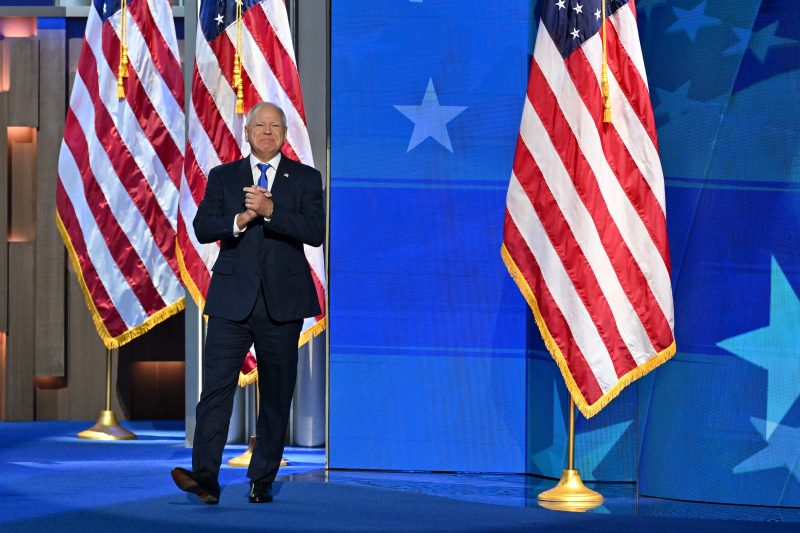As the global political landscape continues to shift, China’s influence and power have been a focal point in many discussions, especially during election campaigns. Political candidates from various countries often use China’s rise as a potent attack line against their opponents.
One of the primary reasons for this trend is the perception of China as an economic powerhouse that poses a challenge to the existing world order. Candidates frequently highlight trade imbalances, intellectual property theft, and unfair business practices to garner support from voters who are concerned about the economic impact of China’s growing power.
Moreover, China’s assertive foreign policy and territorial disputes in the South China Sea have raised security concerns among countries in the region and beyond. Candidates often capitalize on these geopolitical tensions to portray themselves as strong on national security and capable of handling China’s aggressive behavior.
Furthermore, human rights abuses and censorship in China are also significant issues that candidates use to criticize their opponents. By highlighting China’s record on human rights, candidates seek to position themselves as advocates for democracy, freedom of speech, and human dignity.
In addition to these factors, the 5G technology race, cybersecurity threats, and the impact of Chinese investments in critical infrastructure projects are also key aspects that candidates bring up to underscore the risks and challenges associated with China’s growing influence.
However, it is essential to note that while China’s rise presents legitimate concerns, demonizing the country or resorting to fearmongering tactics may not always be the most productive approach. Constructive engagement, diplomacy, and cooperation with China on shared interests such as climate change, global health, and economic development can also yield positive outcomes.
In conclusion, the utilization of China’s power as an attack line in political campaigns reflects a broader trend of leveraging geopolitical issues to gain electoral advantages. While concerns about China’s rise are valid, a nuanced and balanced approach that considers both the challenges and opportunities presented by China’s growing power is necessary for shaping effective foreign policy and promoting international cooperation.

